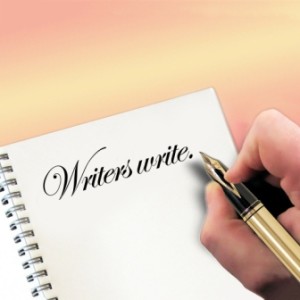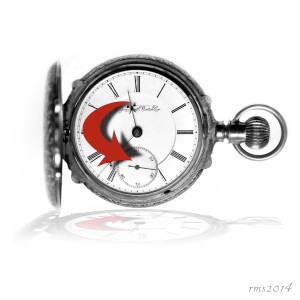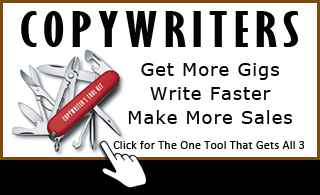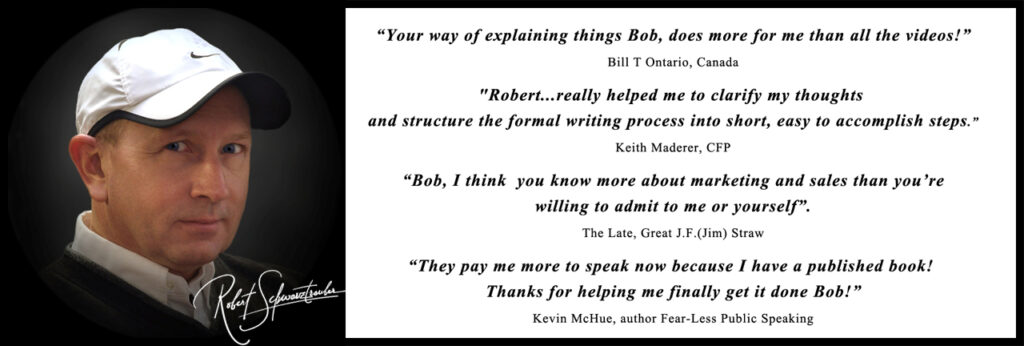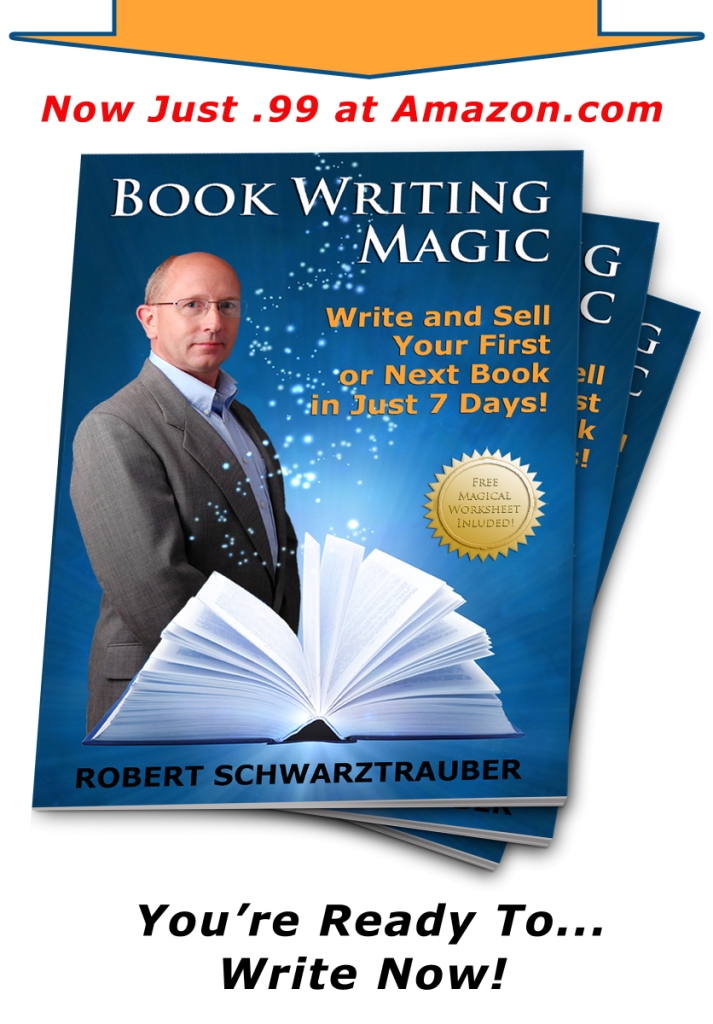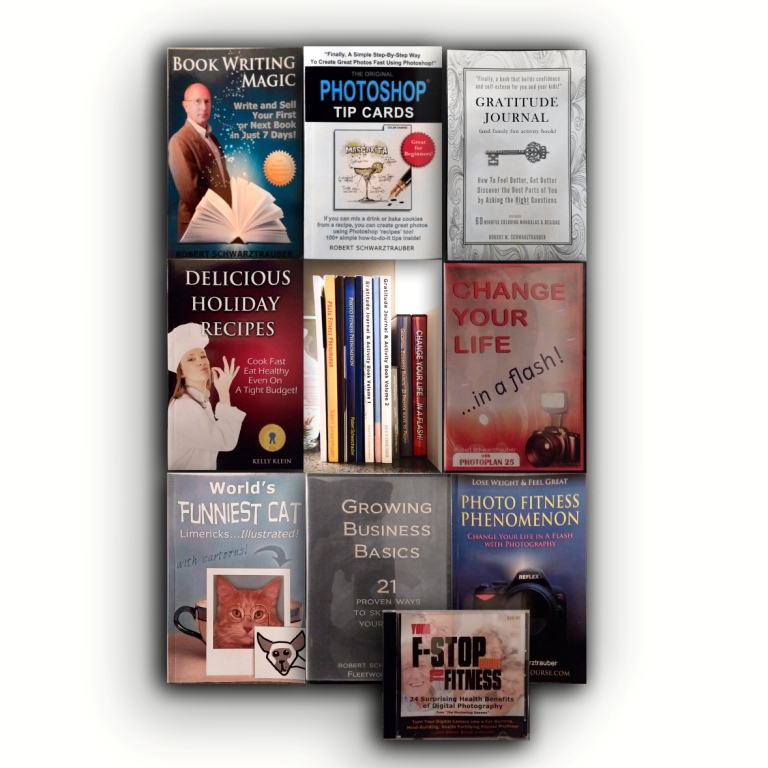by Bob Schwarztrauber
Your Monday Morning Quicky #2
“I run because I used to be envious of people that could run, and now I am that person.” –Kendra Thompson
Michael Masterson, author of such bestselling books as Ready, Fire , Aim , Seven Years to Seven Figures , Power and Persuasion and many other books for entrepreneurs likes to tell the story of his Dad, who was an educator, telling him when he was young and struggling that the key difference between would-be writers and real writers is that writers write.
Pretty simple right? If you want to be a writer, begin. Just start writing.
Sure, there are all sorts of rules your English teacher drilled into you, maybe you remember them and maybe you don’t. But those rules won’t dictate your success in the real world any more than learning or failing trigonometry or algebra had any effect on your life to this point.
Microsoft Word will check your spelling and grammar. And within the proofing powers of Word is a little known program “Flesch-Kincaid” that will also check the readability of your documents. And guess what? The highest readability score here goes to a document that is readable at the 5th to 8th grade level, because that’s the level most readers are at!
You don’t have to be a genius to write. When in doubt, just write like you talk.
Here are 7 Quick Tips to help:
1. Use short simple words when you can instead of long ones.
2. Keep your sentences and paragraphs short.
3. Lots of white space on a page is your reader’s friend
4. Keep contractions to a minimum
5. When done, reading your document out loud is the best way to check for errors
6. Eliminate as many words as you can. “That” can almost always be removed.
7. Read. Read a lot. The best writers read a lot and it reflects in their writing skills
Bottom line, if you have a message to share or a compelling story to tell, the content of your work will influence the reader far more than your elegant writing style or lack thereof.
Want to be a writer? An author?
Start writing. Do it now and keep writing. Finishing is as important as starting.
You’ll also find many other tips and tricks for writing simple books that get read in my helpful guide, Book Writing Magic.
You know, each month Amazon.com sends me a royalty check for my books and not once have they called me to see if I had an English degree. I don’t. I just cash the checks… and you can too!
